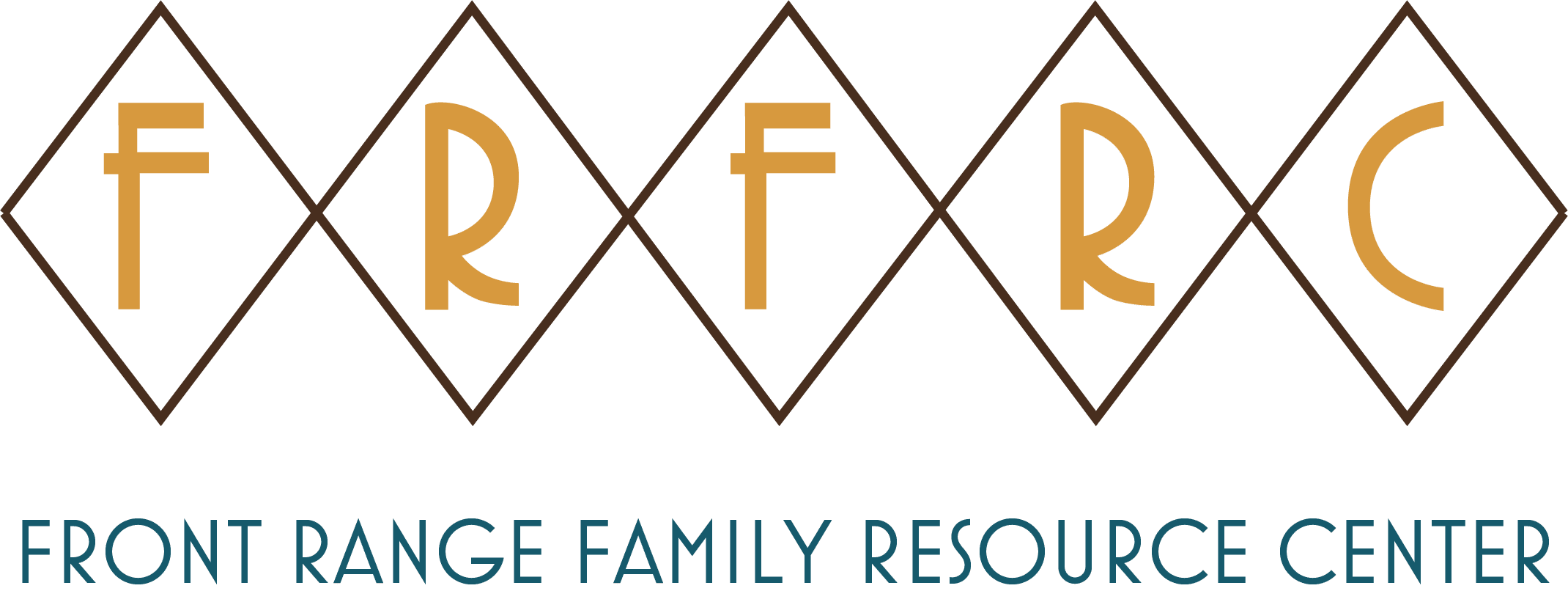Grief can often plague us, leaving us to feel hopeless and isolated from loved ones. Grief counseling can be a supportive way to help you transition from isolation to navigating life without your loved one. In the beginning, grief counseling will seem to be overwhelming and vulnerable, but with time, you will be stronger and more capable of managing the stress and anxiety that loss of life brings to the existential angst of humans.
All too common when someone passes, one might hear such phrases as ‘we all must grieve’ or ‘don’t worry, time will heal’ and all too apt, ‘be strong.’ These all too common phrases often are an attempt to help another through the pain, but inevitably mask the pain of the person saying such a phrase. Through these phrases comes avoidance of their wounding. With the support of grief counseling, you can learn ways to ‘be stronger’ and ‘overcome’ loss in life.
The five-stages of Grief
The current medical model illustrates five ways to overcome a loss, known as the five stages of grief:
- Denial
- Anger
- Bargaining
- Depression
- Acceptance
It is believed one must go through all of the phases in order to smoothly navigate into the bliss of acceptance. Accept the loss? Accept the pain? As if acceptance is the final be all that will cure the deep pain brought on by a loss. What about acceptance of where we are at – with what has caused us to grief? What about being accepted for where one is in their pain? Is there room in grief counseling for this?
In passing, we’ve all heard phrases such as, ‘It takes up to 90-days to really feel a loss.’ I’m coming up on 120 days post my father’s death, and I still don’t think I’ve hit any of the 5-stages. Sure, one might call it denial, but then they would be the front-runners to the medical model…the true pioneers that choose to avoid pain. Jungian analyst James Hollis illustrates how our lives as humans begin with a loss. From this loss, we then orient ourselves in manners to which we are trying to fortify this loss. Though the loss is ubiquitous, what is not ubiquitous is support or acceptance for those who are grieving, such as the support one gains through grief counseling.
What seems to be most evident is when one grieves, we as a culture or society cannot accept where an individual is in relation to the grieving process (who the loss was to them, and how much personal acceptance for the relationship prior to the loss), therefore we try to fix our own pain by introjecting how they should be healing. Men, in general, seem to grieve differently depending on their attachment to the person, their own emotional strength, and whether or not other men have accepted them emotionally.
Men grieving
Men who are grieving, especially for other men, are often plagued with how to show appropriate emotions, how to hold themselves in a patriarchal manner, and what is acceptable to others in the grieving process.
For men, we grieve differently. Grief counseling needs to be structured in a manner that supports stripping back the introjected narratives that govern our lives. We often hide from the pain associated with grief (sadness, sorrow, fear, confusion). Typically, very little conversation goes into how we feel during grieving times. Usually, the sadness manifests as anger or rage. All too common, we try to avoid the pain by not talking about the pain or by changing the subject and avoiding the conversation altogether. This is by no means a man’s problem to own blindly. We come by it honestly – we as men do not know how to navigate the pain of grief or loss. This I feel is deeply connected to our upbringing and many of the patriarchal introjected messages forced on us as young boys.
What really works?
Early in my clinical practice, I thought grief counseling was routine counseling designed for everyone. What I quickly learned was I would offer the 5-stages as a way to avoid my own pain around grief. Their pain was too much for me to handle, so in avoidance, it was best if they just read the stages and managed to push through it on their own. Not now. Now, I sit with individual’s who suffer from much grief and loss in life. This pain has a reward. The reward comes to the individual who chooses to work through their pain by sitting in pain and coming to a better understanding of what the pain is and where it comes from. Not an easy task. If you want to explore the pain from the loss of a loved one or from a devastating situation, please contact me. Together we can open our awareness into the difficulty of this pain.
This blog was featured by Jeremy R. Allen, LPC. He is the clinical director for Front Range Family Resource Center. To reach out and schedule an appoint with Jeremy, contact our admin staff who are ready and willing to help.
